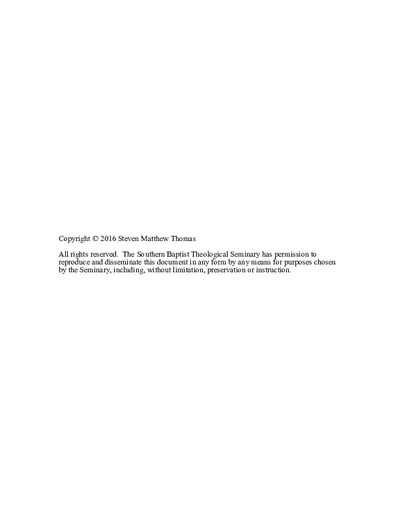| dc.description.abstract | A debate surrounds the topic of best practices for faculty development. There are those that hold the position that faculty are more likely to develop as a faculty member when they experience an enhancement program, rather than training and development. Still others argue the opposite position claiming that there are unintended negative consequences from faculty mentoring programs. This research examined the practices of mentoring among full-time faculty at member schools of the Council for Christian Colleges and Universities (CCCU).
This study was adapted from “The Nature of Workplace Mentoring Relationships among Faculty Members in Christian Higher Education,” a study done by Cunningham (1996). This research described the nature of mentoring among faculty in Christian higher education institutions by explaining the actual mentoring practices taking places in CCCU member schools, by examining the institution’s prioritization of mentoring, and by describing the conditions that might affect the development and maintenance of successful, ongoing mentoring relationships. Finally, this research provided a four-factor description of mentoring’s best practices: Career Guide, Friend, Discipleship, and Information Source.
This study provides a clear picture of mentoring practices and how they might be generalized to best fit all Christian higher education institutions. Because Christian higher education institutions are uniquely positioned within society to have significant impact on current and future generations, and because the literature base is lacking in the area of Christian higher education faculty development and mentoring practices, this study provides a convincing argument for the use of mentoring as a best training practice in Christian higher education. | en_US |

